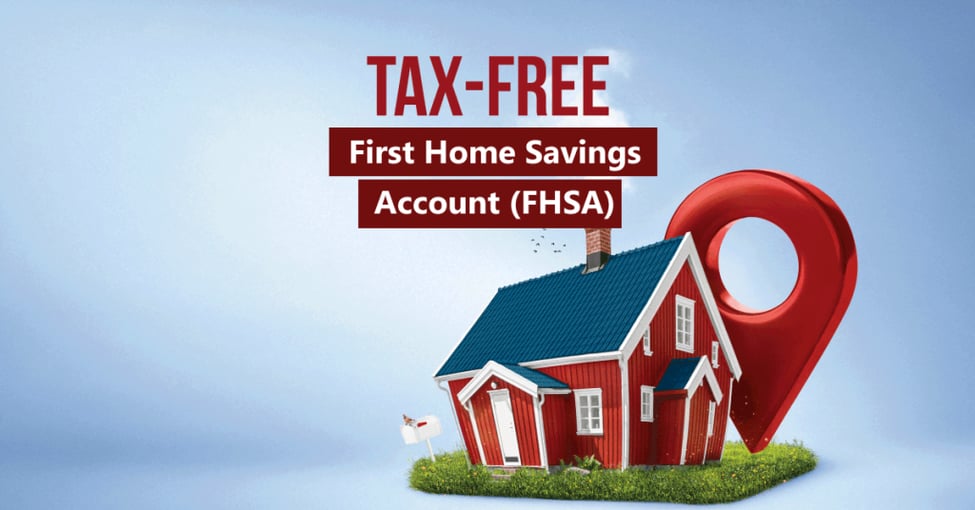The First Home Savings Account (FHSA) is a registered savings plan designed to help Canadians save for their first home. Available to residents aged 18 and older, the FHSA allows individuals to save up to $40,000 over their lifetime, with an annual contribution limit of $8,000. This plan offers significant tax advantages, as contributions are generally tax deductible, providing potential tax savings or refunds.
Contribution Limits and Carry-Forward Provisions
One of the key features of the FHSA is its contribution limits. Each year, individuals can contribute up to $8,000, with a lifetime cap of $40,000. If the annual limit is not fully utilized, the unused contribution room can be carried forward to subsequent years. However, carry-forward amounts only begin accumulating after the FHSA is opened, not automatically upon turning 18. This flexibility allows for strategic planning and maximization of contributions over time.
Eligibility and Account Availability
The FHSA is specifically targeted at first-time home buyers. To qualify, at the time of withdrawal, individuals must not have owned a home or resided in a home they owned in the previous four years. The FHSA became available in 2023 and can be obtained from banks, credit unions, and other financial institutions that offer Registered Retirement Savings Plans (RRSPs) and Tax-Free Savings Accounts (TFSAs).
Investment Options within an FHSA
The FHSA can hold various types of savings or investments, similar to those allowed in a TFSA. This includes mutual funds, bonds, and Guaranteed Investment Certificates (GICs), providing a range of options to grow the savings efficiently. This versatility enables account holders to tailor their investment strategy according to their financial goals and risk tolerance.
Compatibility with Other Savings Plans
Individuals can hold an FHSA in conjunction with a TFSA and RRSP. The RRSP Home Buyers’ Plan (HBP) allows for a withdrawal of up to $35,000 to purchase a home, with the stipulation that the amount must be repaid within 15 years. Unlike the FHSA, withdrawals from the RRSP not related to the HBP are taxable. Conversely, TFSA withdrawals are tax-free and can be used for any savings goal, making these accounts complementary tools for financial planning.
Tax Deductibility of Contributions
Contributions to an FHSA are generally tax deductible, offering potential tax benefits when filing annual tax returns. However, if funds are transferred from the FHSA to an RRSP, the transferred amount cannot be claimed as a tax deduction. This makes the FHSA a strategic tool for those looking to optimize their tax situation while saving for a home.
Comparisons with RRSP Home Buyers’ Plan and TFSA
The FHSA shares several features with the RRSP Home Buyers’ Plan and TFSA, yet it stands out with its unique benefits and rules. For instance, while RRSP withdrawals for the HBP must be repaid, the FHSA does not require repayment if the funds are used for purchasing a home. Additionally, the FHSA offers the flexibility of transferring unused savings to an RRSP or Registered Retirement Income Fund (RRIF) tax-free if a home purchase is not made.
Long-Term Planning and Account Closure
The FHSA must be closed after 15 years or by the end of the year in which the account holder turns 71, whichever comes first. If the funds are not used to purchase a home, they can be transferred to an RRSP or RRIF without tax penalties. Alternatively, funds withdrawn without these transfers will be treated as taxable income.
Making the Right Choice
The FHSA provides a new avenue for Canadians to save for their first home with significant tax advantages and flexible investment options. When considering an FHSA, it is important to assess long-term savings goals, the amount needed to save for a home, and compare the benefits of the FHSA with other plans like the RRSP Home Buyers’ Plan and TFSA. Each plan has unique features that can be leveraged to create an effective strategy for achieving homeownership.

